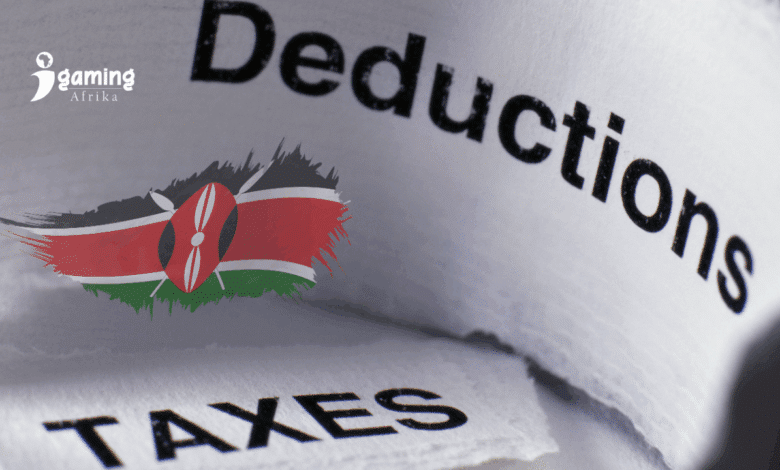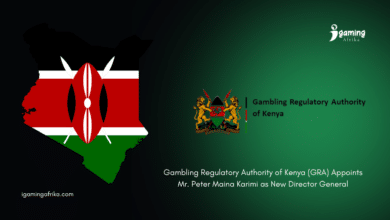Gambling to Get Costlier as Kenya Introduces Mandatory SHIF and Pension Deductions

Kenya’s betting landscape is set for a major shake-up as new regulations under the Gambling Control Act 2025 will require a portion of every betting stake to be channeled into the Social Health Insurance Fund (SHIF) and national pension schemes. The move effectively adds a new layer of deductions for gamblers, making betting significantly more expensive.
The Gambling Control Act 2025 gives the Gambling Regulatory Authority of Kenya the mandate to design policies that embed a mandatory savings component in every bet placed. According to the Act, “The Authority (Gambling Regulatory Authority of Kenya) shall develop policies for placing of bets for betting, lotteries and gambling that include a savings component for social health insurance or social retirement benefit.” It further states that “The minimum amount set under subsection (1) shall be inclusive of such a saving component for the player as shall be determined by the Authority in consultation with the Cabinet Secretary.”
Kenya’s betting industry has continued to expand rapidly despite a steep taxation regime that has done little to curb its growth. Betting remains a major pastime and a perceived source of income for many Kenyans, with punters collectively placing wagers worth over KSh150 billion annually.
However, the new deductions will make betting more expensive for gamblers already burdened by existing levies. Bettors currently pay 15% excise tax on every stake and 20% withholding tax on each winning bet. These rates have been progressively increased in recent years as part of the state’s ongoing effort to curb the betting craze.
Read Also: Betika Unveils Sh5Million Sponsorship for Africa Golf Tournament in Kenya
The introduction of mandatory SHIF or pension deductions means that a gambler’s stake will now be split multiple ways, between taxes, health contributions, and potential winnings effectively reducing both their betting power and their take-home returns. While the government expects the move to expand SHIF membership and boost contributions to the newly restructured national health insurance scheme, the policy has also raised concerns over double deductions for gamblers who are already contributing to SHIF as salaried workers or under the household category.
The timing of the measure is also notable: SHIF is currently grappling with KSh76 billion in unpaid medical bills owed to both private and public healthcare facilities. Officials hope that channeling a portion of gambling proceeds into the fund will help stabilize its finances. Government representatives argue that the new policy is not only a revenue measure but also a social reform initiative aimed at encouraging savings among youth and low-income earners who dominate the betting demographic.
However, industry observers warn that the rising cost of gambling due to layered taxes and deductions could drive more players to unregulated betting platforms, undermining both government revenue and player protection efforts.























